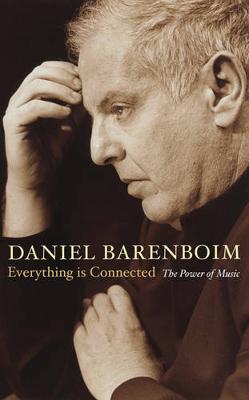Daniel Barenboim's new book vividly describes his lifelong pursuit of knowledge and understanding, not only of music and of life, but of one through the other. As he himself says in the introduction, "This is not a book for musicians, nor is it one for non-musicians, but rather for the curious mind that wishes to discover the parallels between music and life and the wisdom that becomes audible to the thinking ear." Indeed, the topics covered in the book range from the problems of timing - whether in a piece of music or a political process - to the philosophy of Spinoza and its relevance to musical interpretation. The main theme of the book is the impossibility of separating music from other realms of intellectual pursuit. Barenboim advocates the integration of music and musical thought into our everyday lives. He does not hesitate to raise difficult and uncomfortable questions, such as whether to perform Wagner in Israel. His unconventional and often controversial views of conflict in the Middle East are illustrated by an essay about the destinies of two Palestinians - one from the occupied territories and one from Israel.
One of Barenboim's most celebrated and ground-breaking projects is an eloquent testimony to the power music holds over our lives: the West-Eastern Divan Orchestra. He explains how an understanding of music among the young Israelis, Palestinians and Arabs of other countries in the orchestra can contribute to the comprehension of their dependence on one another and, ultimately, to a better human understanding. As he says, "The power of music lies in is its ability to speak to all aspects of the human being-the animal, the emotional, the intellectual, and the spiritual. Music teaches us, in short, that everything is connected."
- ISBN10 0297855441
- ISBN13 9780297855446
- Publish Date 14 August 2008
- Publish Status Out of Print
- Out of Print 18 January 2010
- Publish Country GB
- Publisher Orion Publishing Co
- Imprint Weidenfeld & Nicolson
- Format Hardcover
- Pages 224
- Language English
